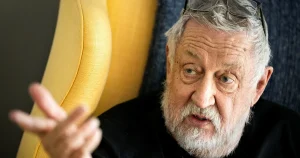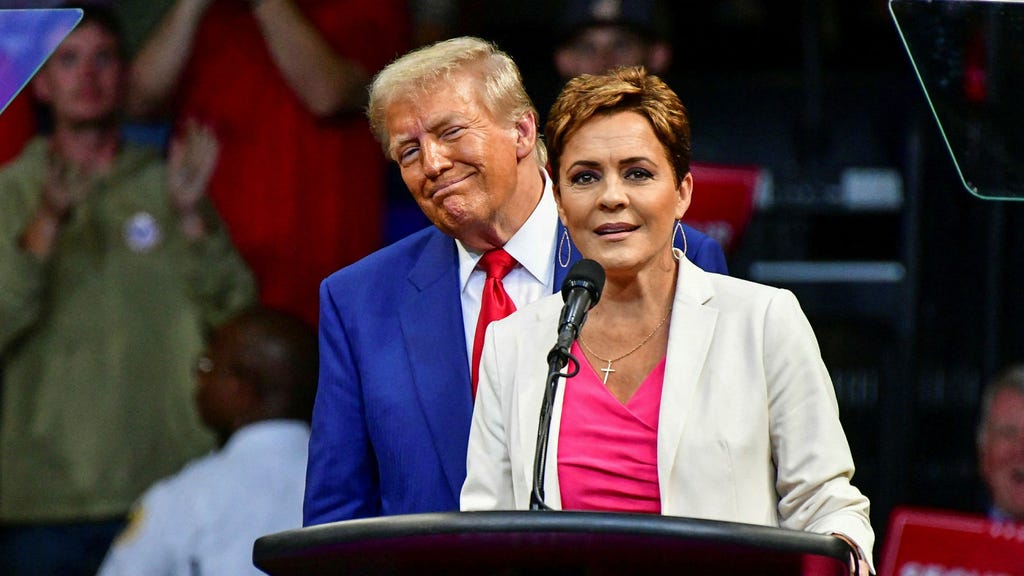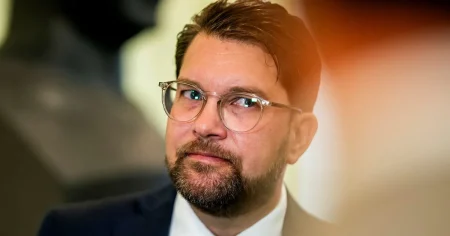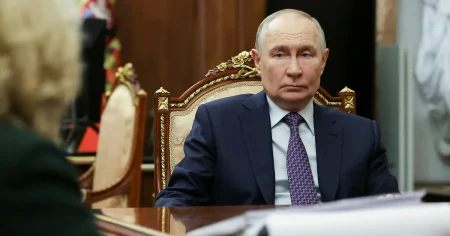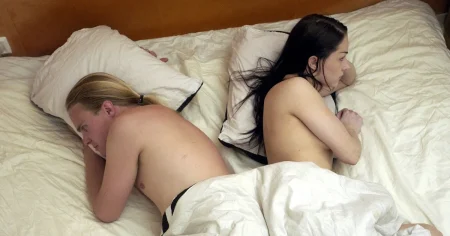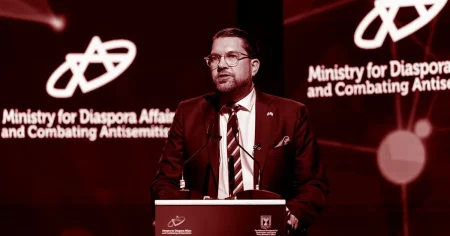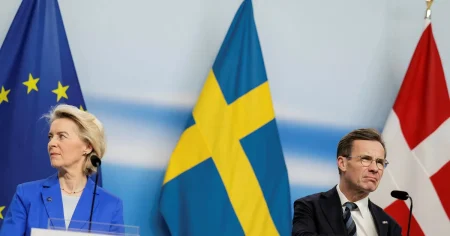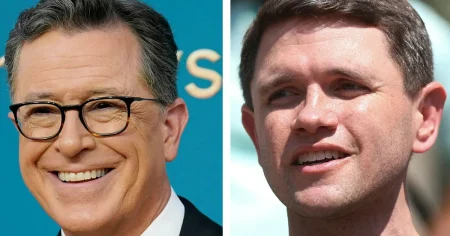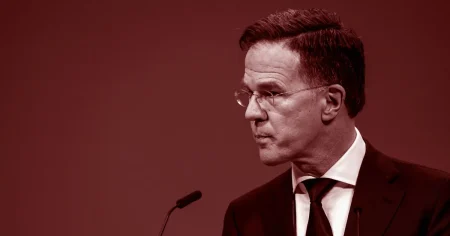Donald Trump’s appointment of Kari Lake, a two-time election-denying candidate, as the head of Voice of America (VoA), signals a troubling shift in the American media landscape and potentially, its democratic foundations. Lake, a former journalist turned MAGA politician, embodies the Trumpian brand of divisive rhetoric and disregard for established facts. Her new role, effectively transforming her into Trump’s ”minister of international propaganda,” raises serious concerns about the future of VoA and its mission to disseminate unbiased news and information globally. This appointment is not merely a partisan maneuver; it represents a potential erosion of the fundamental principles underpinning a free press and, by extension, a healthy democracy.
VoA, a federally funded international broadcaster, has historically served as a platform for showcasing American values and perspectives to the world. While the organization has always been subject to scrutiny and criticism, particularly from nations with differing geopolitical agendas, the appointment of a figure like Kari Lake marks a significant departure from its traditional role. Lake’s history of promoting unsubstantiated claims and actively undermining democratic processes raises legitimate fears about the future direction of VoA’s coverage and its potential transformation into a vehicle for Trumpian propaganda. The very notion of a ”minister of international propaganda” within the framework of a democratic government is deeply unsettling and suggests a worrying trend towards the centralization of information and the manipulation of public opinion.
The significance of a free and independent press cannot be overstated. Media outlets, often referred to as the fourth estate, serve as a vital check on government power and play a crucial role in ensuring transparency and accountability. A diverse and independent media landscape is essential for a functioning democracy, providing citizens with access to a wide range of perspectives and enabling them to make informed decisions. Trump’s appointment of Lake to lead VoA, coupled with his increasingly overt attempts to influence and control the narrative, suggests a troubling disregard for the democratic importance of a free press. This appointment mirrors concerning developments in other countries, such as Hungary, where politically motivated individuals and entities have systematically acquired and transformed media outlets into propaganda machines, effectively silencing dissenting voices and consolidating power.
The appointment of Kari Lake carries a deeper and more ominous significance than a simple staffing change. It represents a potentially insidious attack on the very principles of freedom and democracy. The core tenet of freedom lies in the availability of choice – the ability for citizens to choose between different political parties, businesses, ideas, and, crucially, media outlets. By attempting to control the flow of information and restrict the diversity of perspectives available to the public, Trump and his allies are actively undermining the foundations of a free society. This erosion of choice, coupled with the dissemination of misinformation and propaganda, creates a fertile ground for authoritarianism and poses a grave threat to the future of American democracy. VoA’s purpose, ostensibly to counter propaganda from authoritarian regimes like Russia, China, and Iran, is tragically ironic given the current circumstances.
The insidious nature of this threat lies in its origin. The erosion of democratic norms is no longer solely the province of military coups or revolutionary movements. As highlighted by Andreas Johansson Heinö, democratically elected populist leaders are increasingly dismantling democratic institutions from within, utilizing their popular mandates to undermine the judiciary, attack the free press, and suppress dissent. This strategy, often cloaked in the language of patriotism and populism, allows them to dismantle the safeguards of democracy while maintaining a veneer of legitimacy. The appointment of Lake is arguably part of this larger pattern of undermining democratic institutions by controlling the narrative and manipulating public opinion.
The response from traditional media outlets facing this challenge is clear: continue to report factually and accurately, holding those in power accountable. Now, more than ever, the role of a free press as a watchdog against authoritarian tendencies is paramount. Journalists must resist pressure to conform to the official narrative and remain steadfast in their commitment to truth and objectivity. The future of American democracy may well depend on the vigilance and integrity of the free press in the face of these growing threats. The appointment of Kari Lake to VoA is not merely an isolated incident; it is a warning sign, a harbinger of a potential slide towards authoritarianism, making the media’s role as the fourth estate even more critical.


